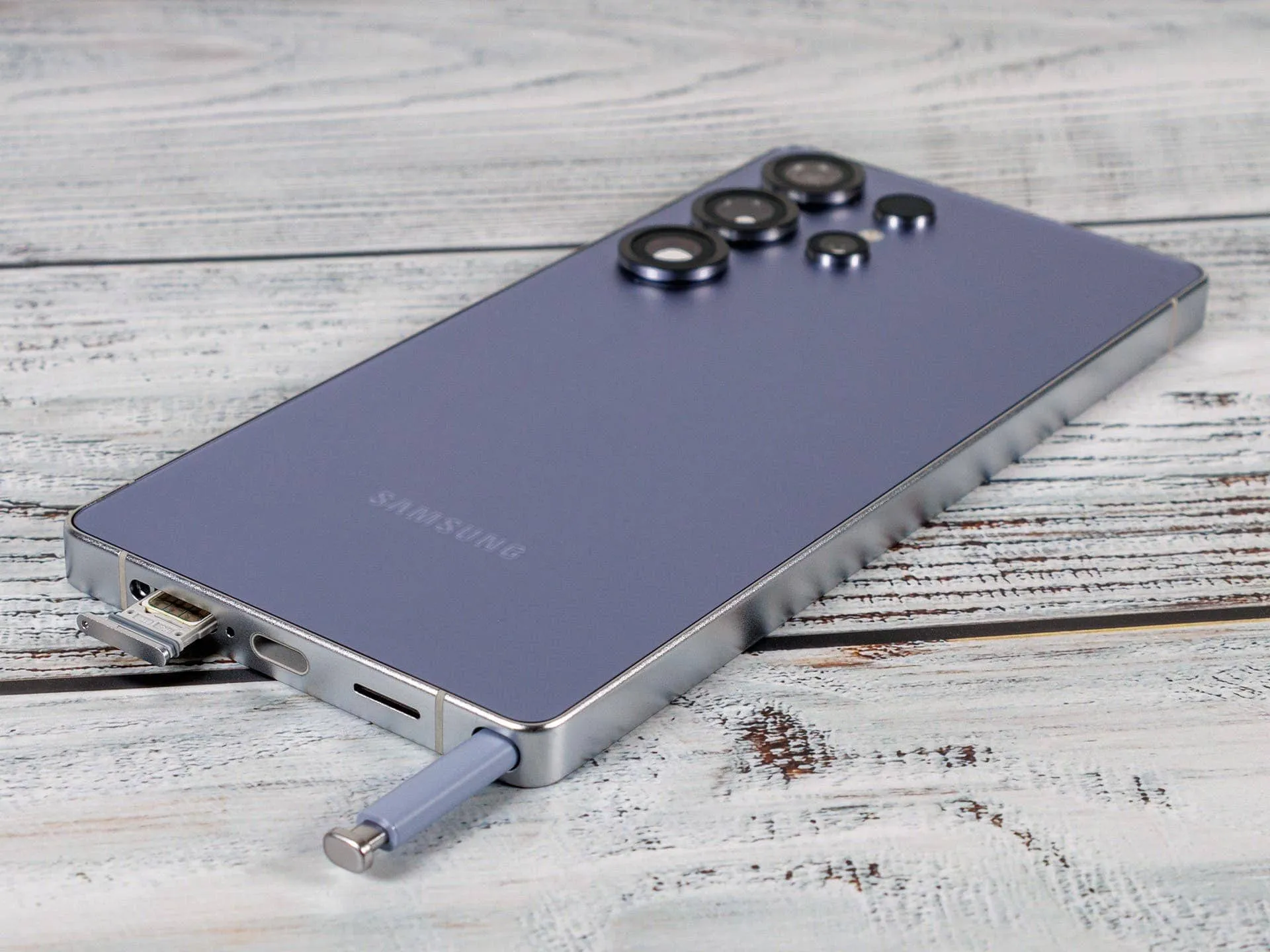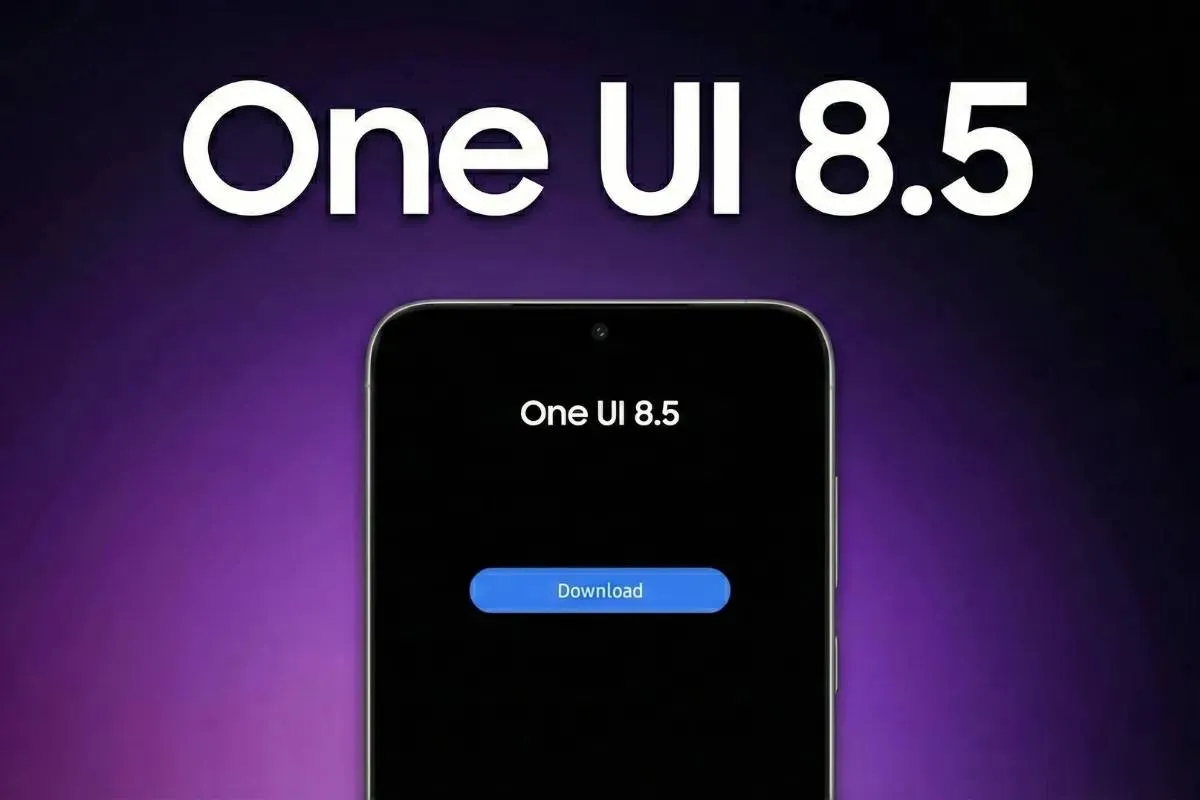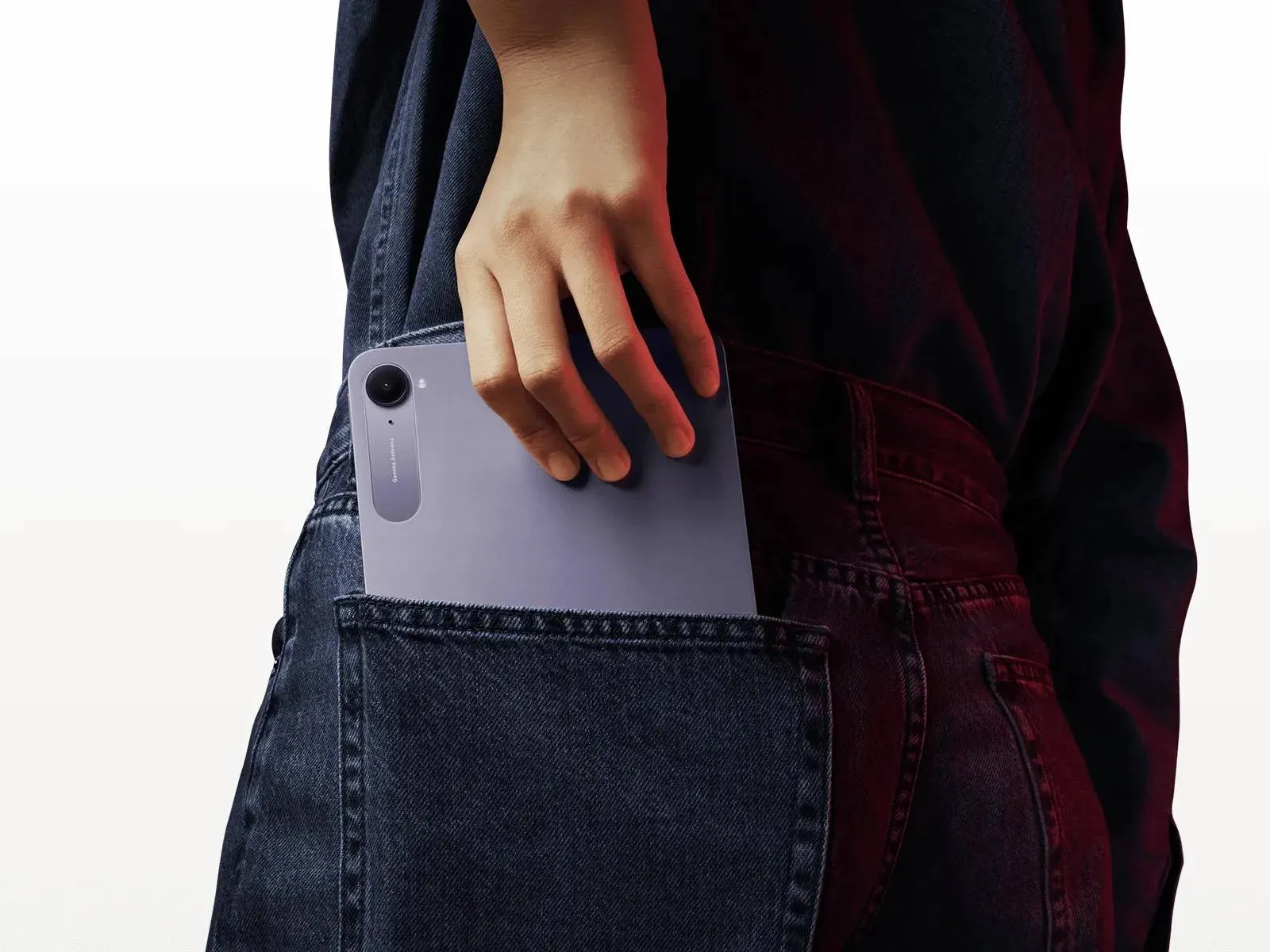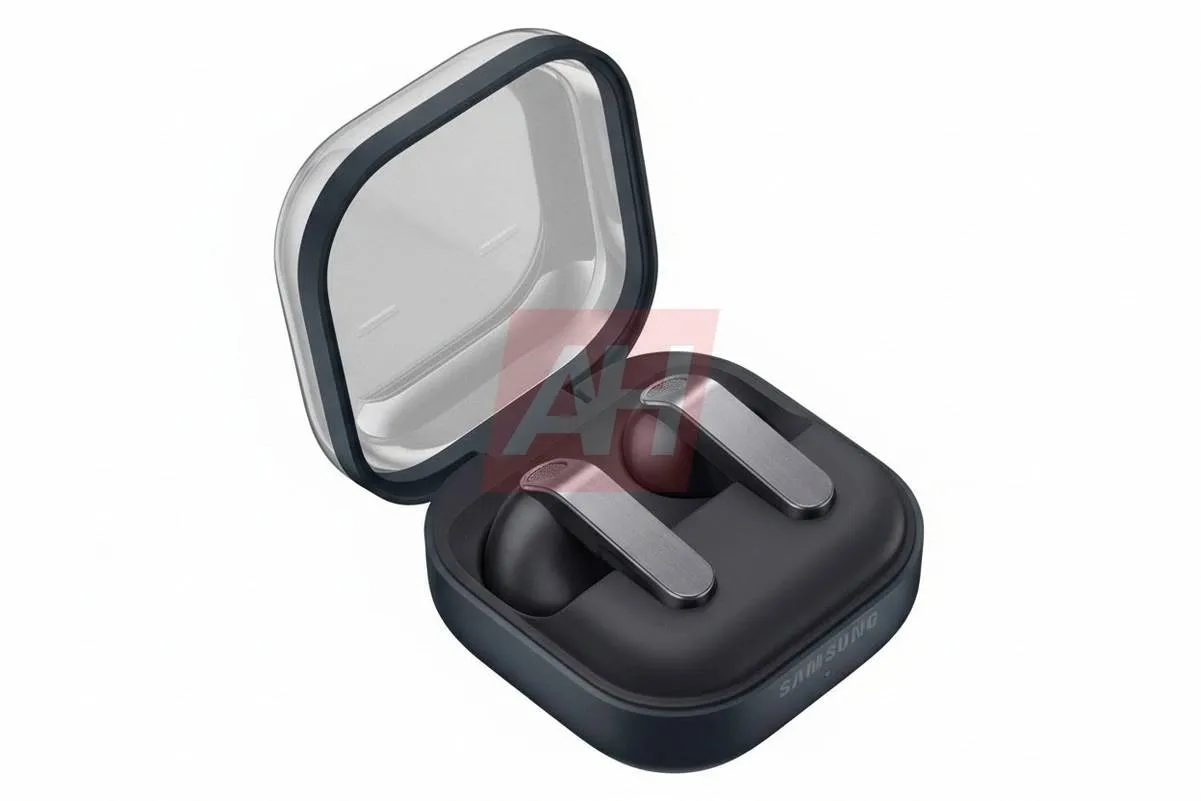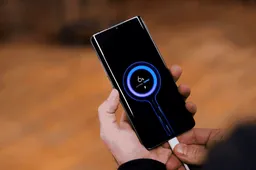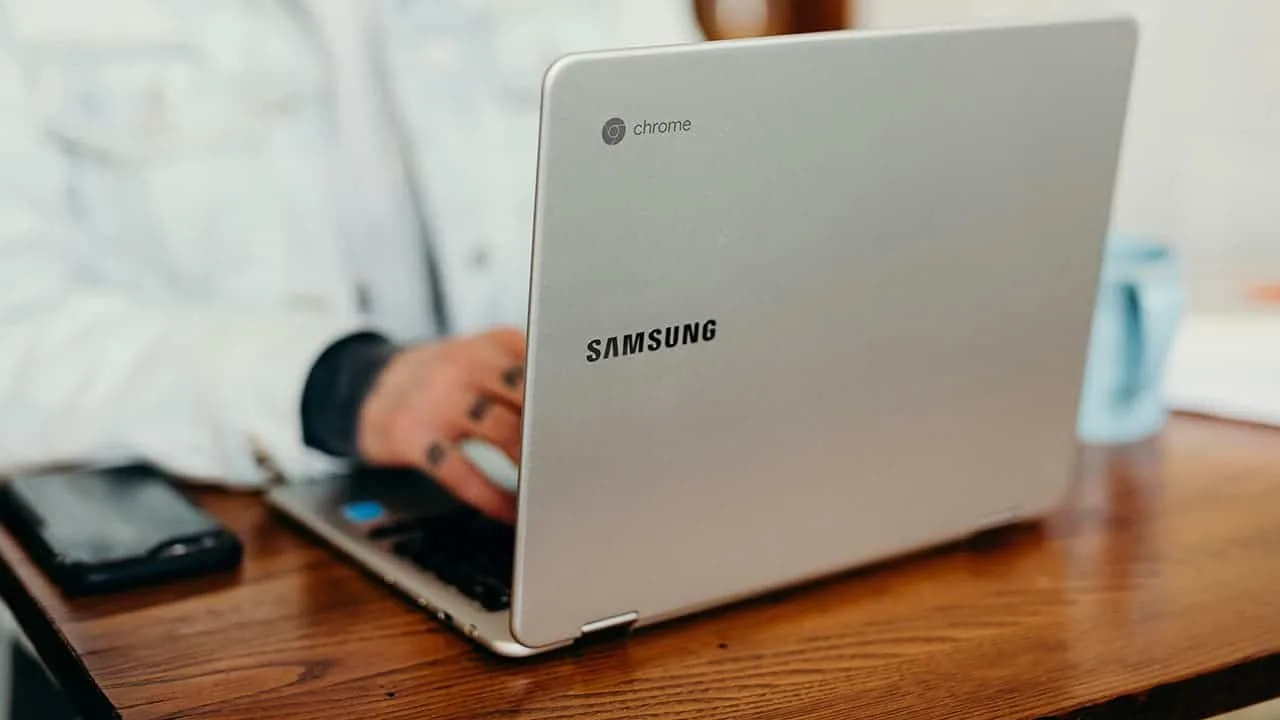
Chromebooks have gained considerable popularity in recent years. They are now known as a simpler, more streamlined alternative to traditional laptops. Their lightweight designs and quick boot times make them attractive to many users. But is it worth switching to a Chromebook from Windows or Mac? Let's find out!
ChromeOS and Google's App Ecosystem

Chromebooks offer a seamless integration with Google's app ecosystem. Use Docs, Sheets, Slides, Drive, and other Google applications? Chromebooks enable automatic syncing across all devices. This means you can get work done anywhere.
ChromeOS is a lightweight operating system with fast boot time (less than 10 seconds). There are automatic background updates too. The OS prioritizes web-based applications with low memory requirements. It also has automatic syncing when reconnecting to the internet. This makes the laptops more convenient to use.
Chromebooks' power efficiency allows for up to 12 hours of battery life on a single charge. This makes them ideal for all-day use. You can't say the same for older Windows and Mac laptops with limited battery life.
Chromebooks Last

Are you tired of installing third-party antivirus software? Chromebooks offer built-in virus protection and sandboxing. These two isolate processes. Through this, they prevent threats from spreading to other apps or the system. This automatic protection helps safeguard your laptop from malware and other hazards.
Unlike Windows computers, Chromebooks come without bloatware. They don't have pre-installed software as well. These can slow down the system. This is a stark contrast to Windows computers. They often have software that you don't even need. That includes antivirus security trials, Dropbox, and OEM-branded utilities.
Another advantage of Chromebooks is their regular automatic updates. These need no manual intervention. You can rest assured that your security updates are always up-to-date.
Chromebooks Have an Intuitive User Interface
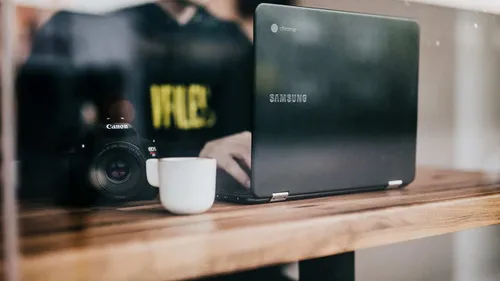
Chromebooks offer a user-friendly interface that is easy to navigate. The intuitive launcher and taskbar allow you to access any application with a few clicks or swipes. You can also customize the taskbar by pinning your most frequently used apps for quick access.
The integrated Google search bar makes browsing the web easy. You can also use it to find documents and other files. It even works both online and offline.
Another advantage of Chromebooks is the minimalist approach. The desktop is clean. Its user interface is far less cluttered than the Android experience.
These Laptops Are Easy to Set Up
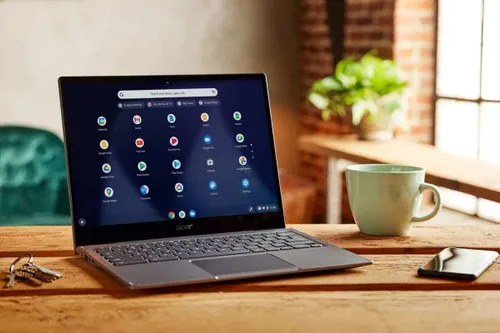
As mentioned, Chromebooks have ultra-fast boot-up times. The initial setup process is also simple. It only requires you to enter your Google account credentials. This automatically syncs all your data. That includes:
- Files.
- Calendar notes.
- Anything from Google apps.
In addition to Google services, your personal information can also be synchronized. That includes bookmarks and browser settings. Apps and extensions downloaded from the Chrome Web Store will sync once you log into your Google account.
Google Drive integration allows all your files to be automatically synced to your Chromebook file manager. There is no need for manual downloads or external hard drives to move files.
Overall, Chromebooks offer a fast setup time and seamless synchronization of all your Google account information.
Portability and Reliable Battery Life
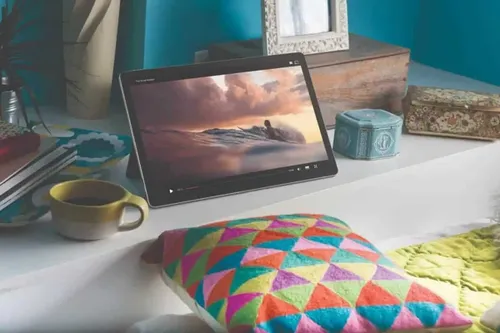
Chromebooks are known for their lightweight design, with some models weighing as little as 2 pounds. This makes them comparable to higher-end laptops like the MacBook Air or Dell XPS 13 and significantly lighter than other laptops that can weigh up to 6 pounds. Gaming laptops, which typically weigh between 5 and 7 pounds, are even heavier.
Since ChromeOS is heavily cloud-based and relies on web-based apps, losing your Chromebook is not a major issue. You can simply purchase a new one and sync all your files across different devices by logging into your Google account.
Users can expect roughly 8 to 12 hours of battery life on a single charge. This is due to the ultra-efficient ChromeOS, which is lightweight on system resources. Additionally, the 10-second boot time from sleep mode allows users to quickly resume their work.
Chromebooks also have efficient power management algorithms that manage background processes and apps to conserve battery life.
Loading
